Photo Credit: Justin Follis on Unsplash
Contents:
Learning About Myself
Learning About Relationships with Others
Learning About Supporting Your Loved Ones
Learning About Myself

This easy-to-read resource talks about puberty and the changes that a person's body will go through as they become an adult. It is the first in a series on Healthy Relationships, sexuality and autism.

Sometimes it can be hard to know the difference between a public and private space. Autism Nova Scotia has created a toolkit to help.

Autism Nova Scotia has created this toolkit for youth and their caregivers. It explores the four phases of the Menstrual Cycle; Menstrual, Follicular, Ovulation and Luteal, and explains some common period products and menstrual supplies that may be useful.

Autism Nova Scotia brings you a toolkit discussing masturbation, the who, what, where and why?

The word media is used to describe the many ways of communicating information to people in society. Examples of media are the internet, websites, TikTok, Instagram, Facebook, Twitter, Snap Chat, podcasts, music, television, the news, movies, magazines, radio, advertisements, and many more.
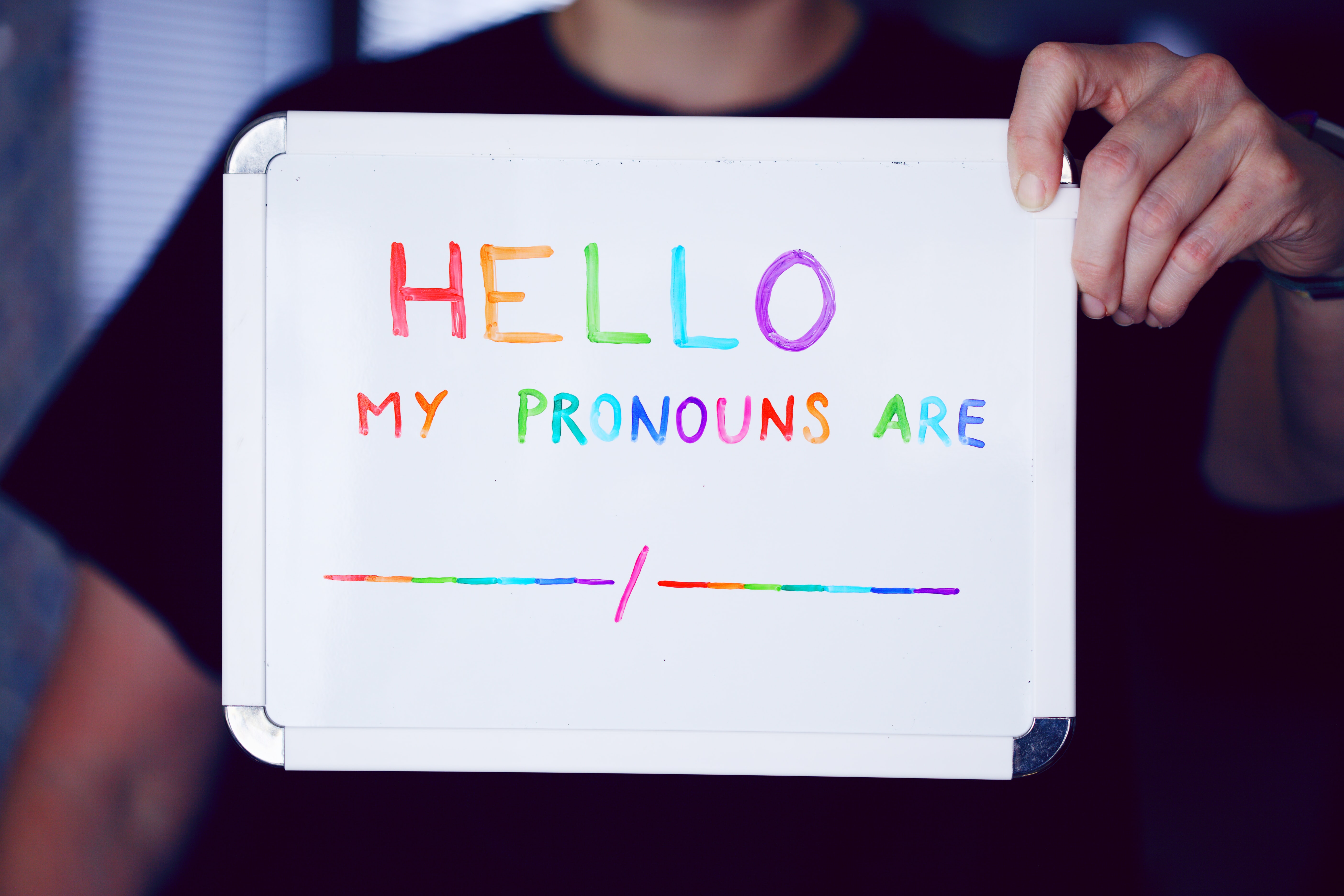
Pronouns such as she/her, he/him and they/them are commonly used as a way for a person to share their gender identity.

Autism Nova Scotia has created a toolkit to explore the differences between Sexuality and Gender Identity

Pregnancy can be both an exciting and scary time for all new parents. For new parents who are also Autistic, there can be additional concerns about how pregnancy will impact their sensory processing differences and anxiety if medical professionals will be supportive in the way they need, and if they will be able to maintain their physical and mental health throughout the pregnancy. This toolkit describes the latest research, prepares you for what you may experience, and provides guidance on how to best advocate for yourself during your pregnancy journey.

This webinar focuses on the important relationship between autism, gender expression and sexuality. Dr. Wenn Lawson and Yenn Purkis share their experiences and offer guidance in navigating neurodiversity as it relates to sexual identity and expression. This session will feature Dr. Lawson and Yenn Purkis covering key elements of development, identity and self-expression.
.jpg)
This Toolkit offers information that may be useful for teens. It addresses topics related to one’s physical development and health. Specific sections are titled: What is Puberty? My Body, Sexual Health and Romantic Relationships; Personal Hygiene; Medication Management; Nutrition; Fitness; Fun; and Managing My Behavior and Relationships. The Toolkit was written by Laura Beaune. Ms. Beaune is a social worker who has worked extensively with youth.
Learning About Relationships with Others

Autism Nova Scotia explores "What are Relationships?" in this toolkit.
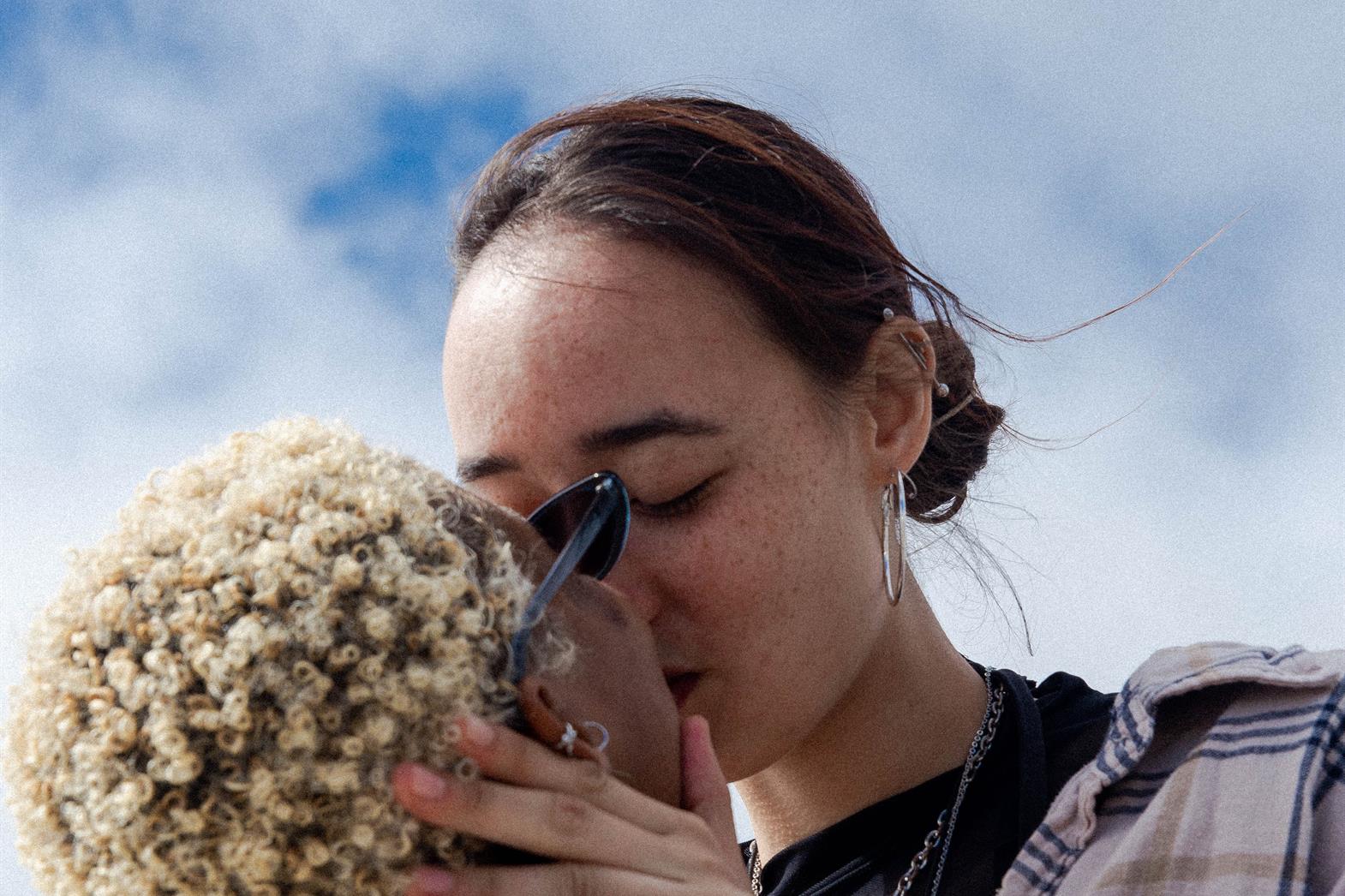
Autism Nova Scotia discusses in this toolkit - What is the difference between a date and dating?

Autism Nova Scotia brings you a Toolkit on Boundaries, what they are and how to find them.

Rejection is when someone says no to another person who asks them to take part in romantic, sexual, or other activities. Romantic/sexual rejection can be when a person does not want to go on a date, does not want to have sex, does not want to do sexual activities, and/or does not want to be a romantic partner. Rejection can happen in romantic relationships, sexual relationships, friendships, and any other type of relationship.

This Infographic reviews sexual consent. Sexual consent happens when people want to be sexually active with each other. Sexual consent is used to communicate to a partner that sex or a type of sexual activity is wanted or not wanted. Consent means everyone understands what they are consenting to without feeling pressured to do something they are not comfortable with.

What are Safe Sex Practices? Autism Nova Scotia explores this topic in this toolkit.

Sex is meant to be a pleasurable and fun experience for people. However, there are risks involved with taking part in sexual activities, like an unplanned pregnancy and sexually transmitted infections (STI) /sexually transmitted blood borne infections (STBBI).

Many people have different ideas, understanding, definitions and values around what they consider sex. Autism Nova Scotia has created a toolkit to help answer some of those questions.

Gender based violence is a term used to describe violence that happens to people because of their gender, gender identity, gender expression, or perceived gender. Gender based violence can look like some people having more power (control)
over themselves and others because of their gender and use this control to oppress others - take away people's freedom to make their own choices in life.

Online Safety means people are trying to be safer online when using their phone or computer. To be safer online people need to know the potential risks of the internet and know how to lower the risks to keep themselves safe.

The Healthy Relationships, Sexuality and Autism (HRSA) supports teens and adults (19 years and up) with autism through introducing concepts of sexuality and social skills through interactive, sex-positive, inclusive sexuality education lessons.

The Healthy Relationships, Sexuality and Autism (HRSA) supports teens and adults (19 years and up) with autism through further discussing the concepts of sexuality and social skills through interactive, sex-positive, inclusive sexuality education lessons
Learning About Supporting Your Loved Ones
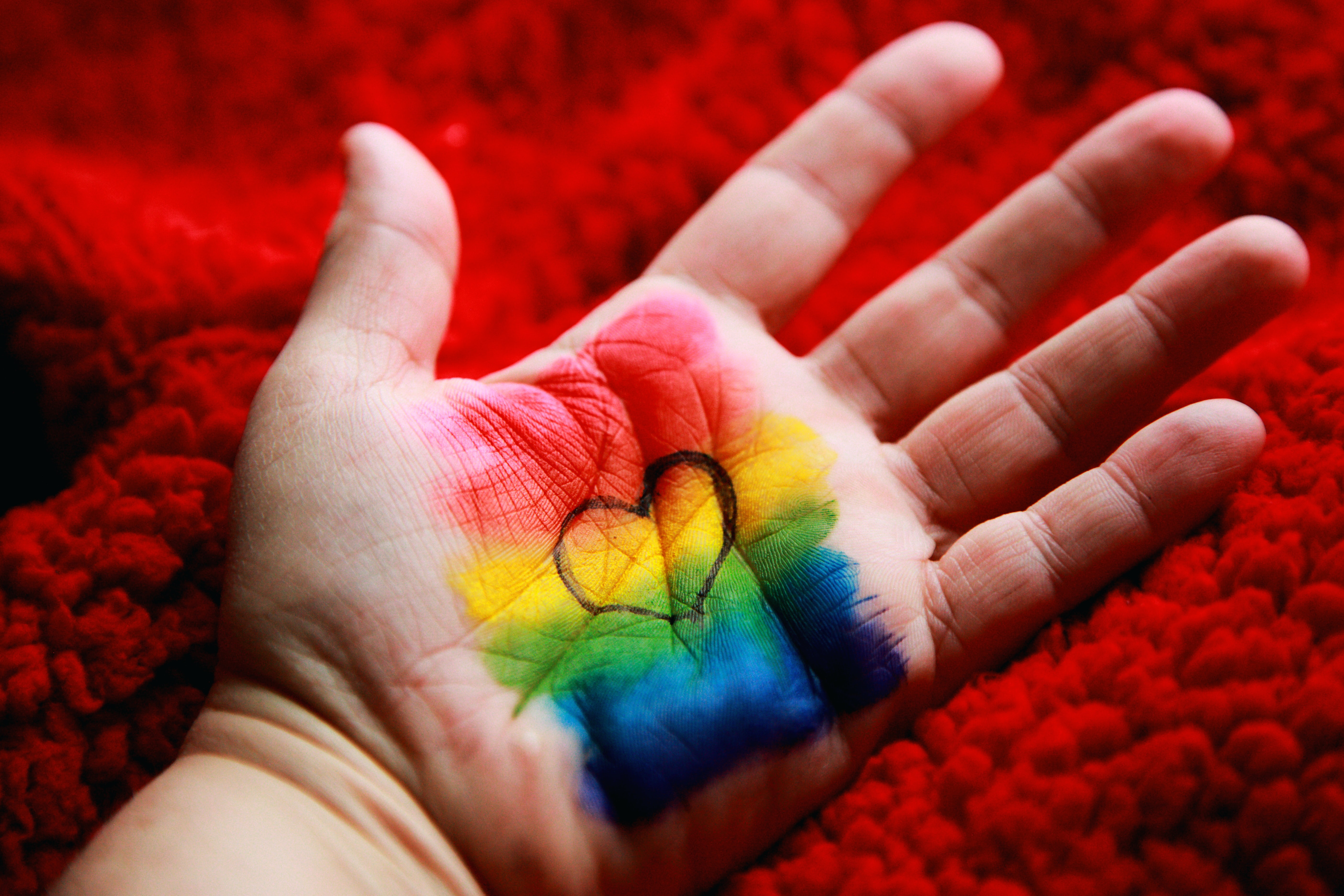
This toolkit addresses LGBTQ2S+ awareness, visibility, and dialogue for individuals with neurodiversity and for their caregivers and families. Gender Identity, sexual freedom, and the rights of neurodiverse people are important for growing and thriving. All people have the right to self-determination, meaning, in this case, the right to engage in mutual relationships that are consensual and respectful and, importantly, the right to be informed about our bodies.
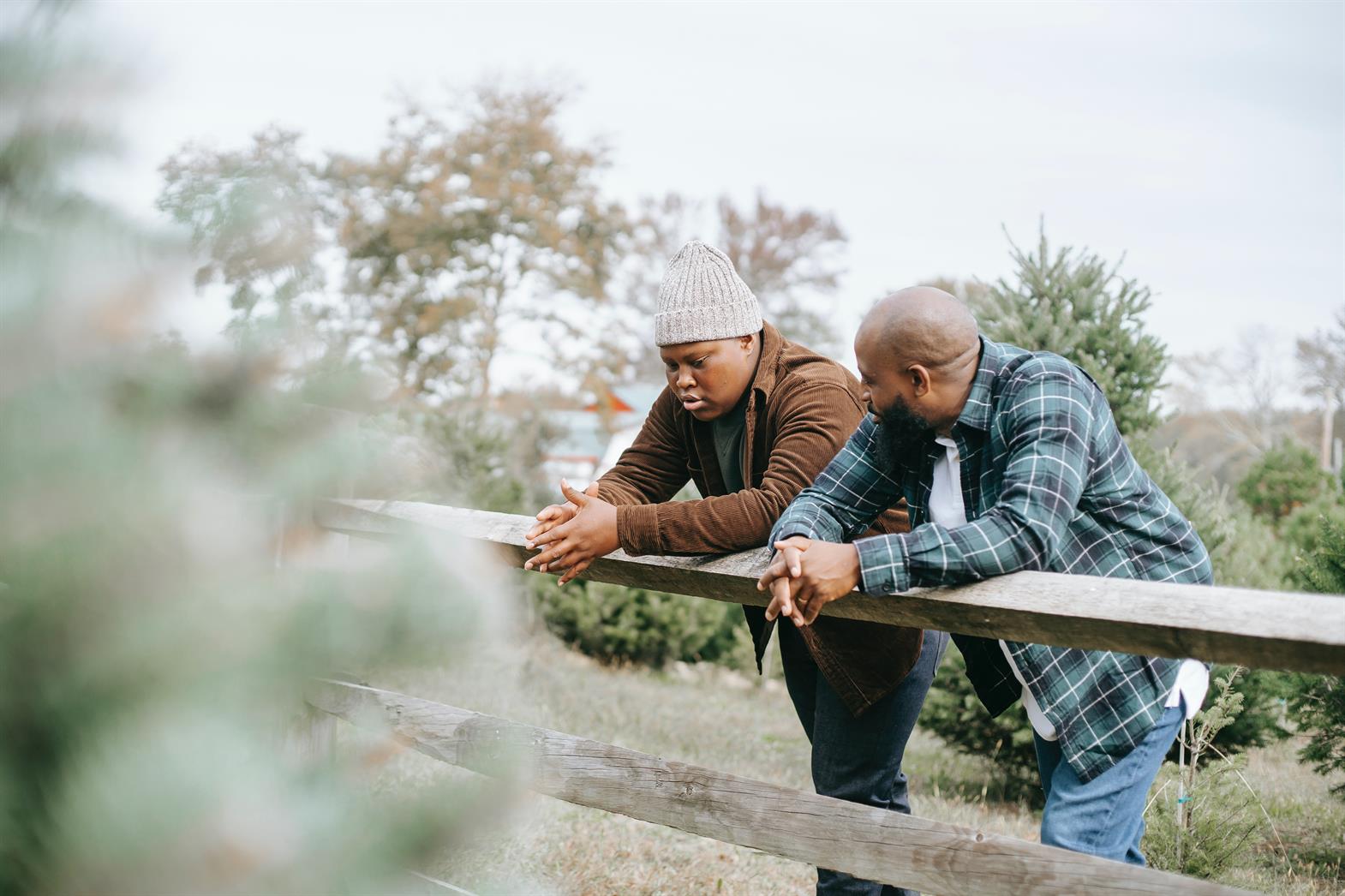
In this webinar we explore the caregivers role in providing sexuality education to their child/family member.

This toolkit supports the caregivers of autistic people, giving them a broad understanding of how to provide sex-positive comprehensive sexuality education to their family members. This, the first of a 4-part series, explores the gap in access to comprehensive sexuality education for people on the autism spectrum and for their caregivers to support them with sexuality education.

This project aims to develop accessible, comprehensive sexuality education resources that support the needs of caregivers of autistic people, autistic individuals, and other stakeholders. We hope that these resources will build their capacity to provide comprehensive sexuality education information to the autistic person(s) in their lives.

This is the third toolkit in the Sexuality Education Resources for Caregivers project. The project aims to develop accessible comprehensive sexuality education resources that support the needs of caregivers of Autistic people, Autistic individuals, and others. These resources will explore how there is a gap in access to comprehensive sexuality education for Autistic people and for their caregivers to support with sexuality education. Please note: this toolkit is meant for an adult audience and contains information on the definitions of some words related to sexuality.
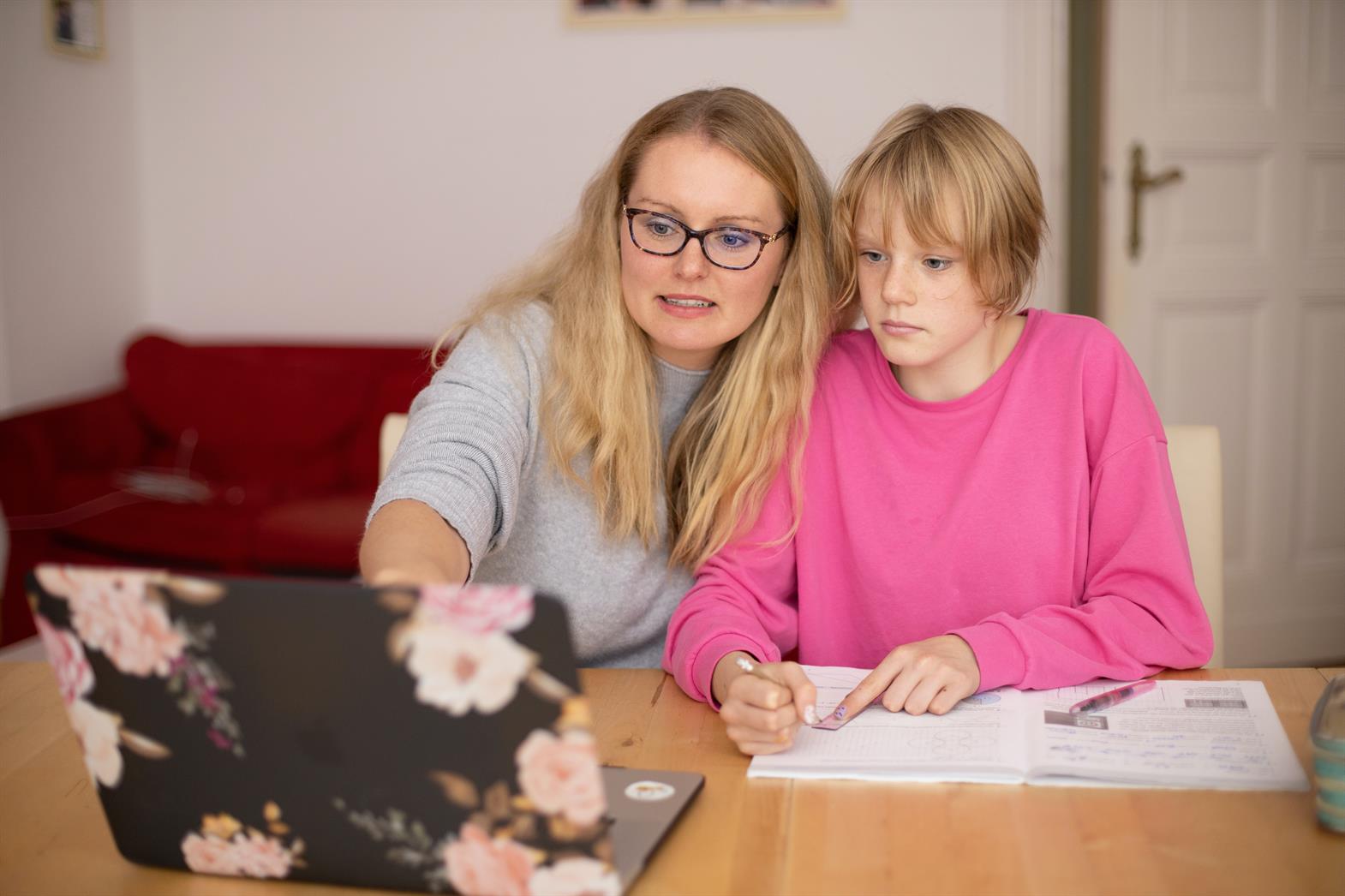
This toolkit discusses supporting the development of personal skills in a child/family member (Values, personal boundaries and boundary setting, safer and healthy decision-making, healthy communication, self-advocacy, emotional regulation)


